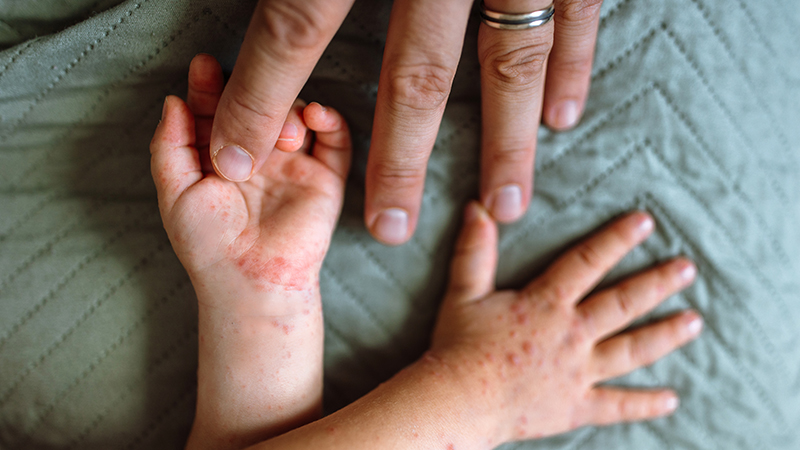How Does Winter Affect People Undergoing Cancer Treatment?
Cold Weather, Viruses and the Immune System
Published February 2023
Cold weather can be tough for many people, but for patients with cancer, it can present serious health concerns. Respiratory viruses like influenza and COVID-19 surge in colder temperatures, as respiratory droplets spread farther and last longer when it's cold outside.
Cancer treatments such as chemotherapy and radiation therapy weaken the immune system, so patients undergoing these treatments should receive the appropriate vaccines for viruses that are more prevalent during the winter months.
Hypothermia (low body temperature) is also a concern for patients with cancer. Side effects of cancer treatment may include dehydration, anemia and fatigue, which can make patients more susceptible to hypothermia because they may lose heat faster than their bodies can produce heat.
Peripheral neuropathy is a side effect of some cancer treatments, and it can be particularly dangerous in winter. It causes numbness in the hands and feet, which puts patients at higher risk of frostbite because they can't feel how cold their extremities are.
Walking with numb feet also increases the risk of falling, especially on icy surfaces. And because some cancer medications can decrease bone density, a fall is more likely to cause a fracture.
Tips for Navigating Cancer Treatment in Winter
- Dress for the weather. Wear a hat, scarf, gloves and warm coat when you're outside in cold temperatures.
- Wear sensible footwear and/or use a mobility aid, like a cane or walker, if you have to get around in icy conditions.
- Wear a mask in crowded public places.
- Talk to your care team about what vaccines you should have.
If you're undergoing treatment for cancer in colder months, talk to your care team about how you can protect yourself against the additional risks winter may pose for your health.
– Raanan Y. Alter, MD, gynecologic oncologist, Northwestern Medicine Regional Medical Group





